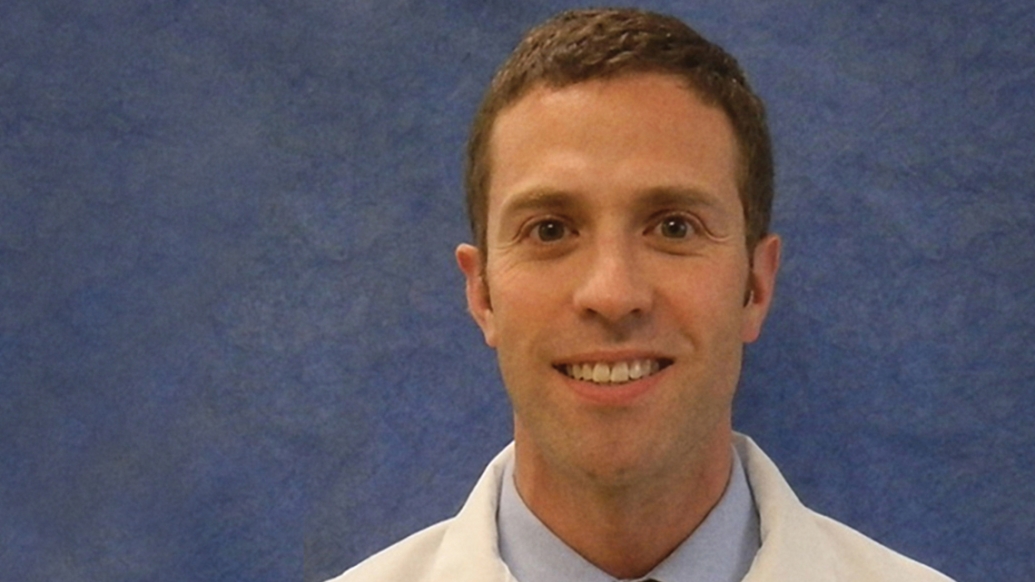Jeff Kullgren uses insights from behavioral economics to increase healthy decision-making
Author |

Jeff Kullgren, M.D., finds motivation in a career that allows him to care for patients across the full spectrum of health care, while seeking new ways of preventing and treating their illnesses. A Colorado-born Michigander-at-heart, Kullgren is an assistant professor of internal medicine. The son of two Vietnam-era veterans, he takes pride in his roles as a research scientist in the Center for Clinical Management Research and a general internist at the VA Ann Arbor Healthcare System
Kullgren's research focuses on improving decisions patientsand providers make about disease prevention. He translates insights from the field of behavioral economics — a discipline that blends elements of economics and psychology — into new interventions that can be delivered at scale by health care systems, insurers and policy makers. These interventions include the use of financial incentives to motivate healthy behaviors for people striving to achieve a health goal, such as weight loss, more physical activity or cancer prevention. Other examples of behavioral economic strategies include changing the ways in which choices are presented to patients, and tapping into people's social networks to encourage healthy behaviors.
Kullgren's current projects include a career development award from the Department of Veterans Affairs focused on improving veteran engagement in diabetes prevention. He is also partnering with MHealthy, the U-M's employee wellness program, to test new ways in which incentives could be used to motivate healthy behaviors, such as weight loss, among employees.
Kullgren has also been applying behavioral economics insights to motivate better decisions by clinicians. There is a growing focus on the overuse of low-value care — services that don't improve patients' health, are costly and can sometimes harm a patient more than help.
"What I hope my work is able to achieve," Kullgren says, "is a world in which both patients and clinicians are able to make to make the best choices they can with the resources they have."





